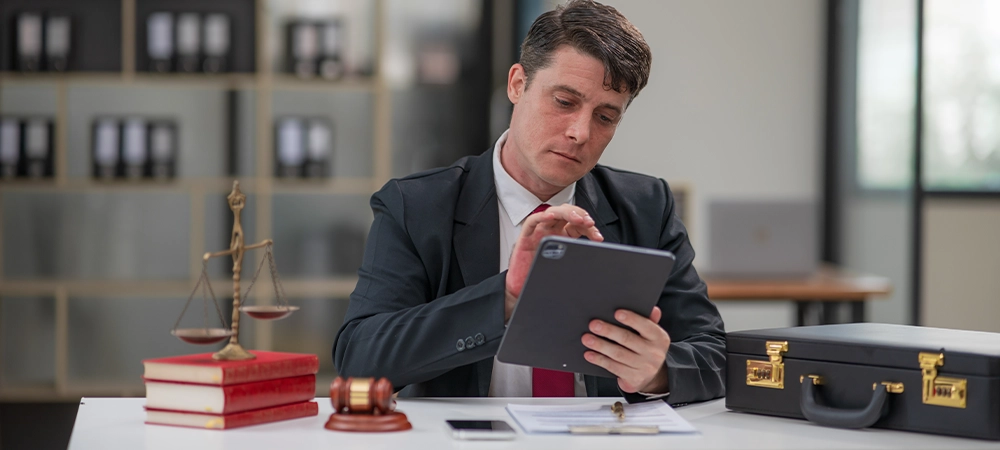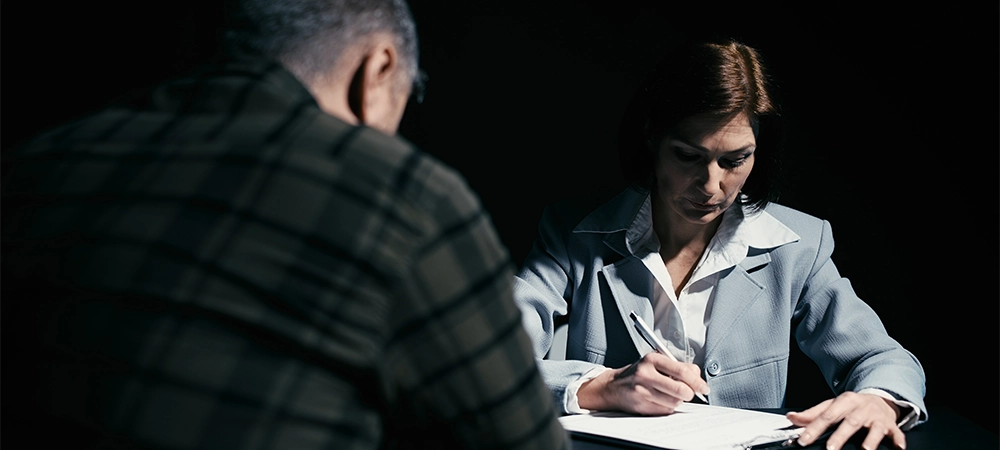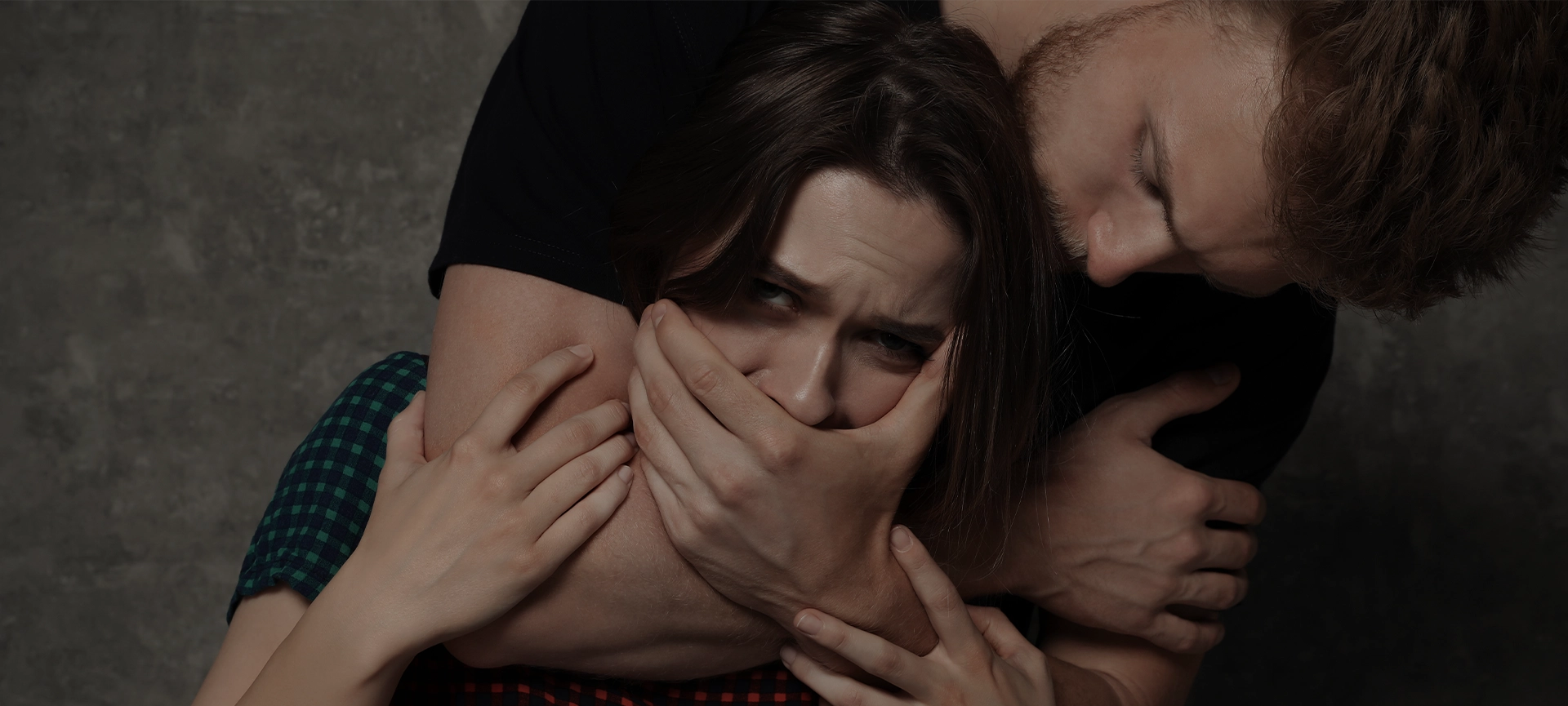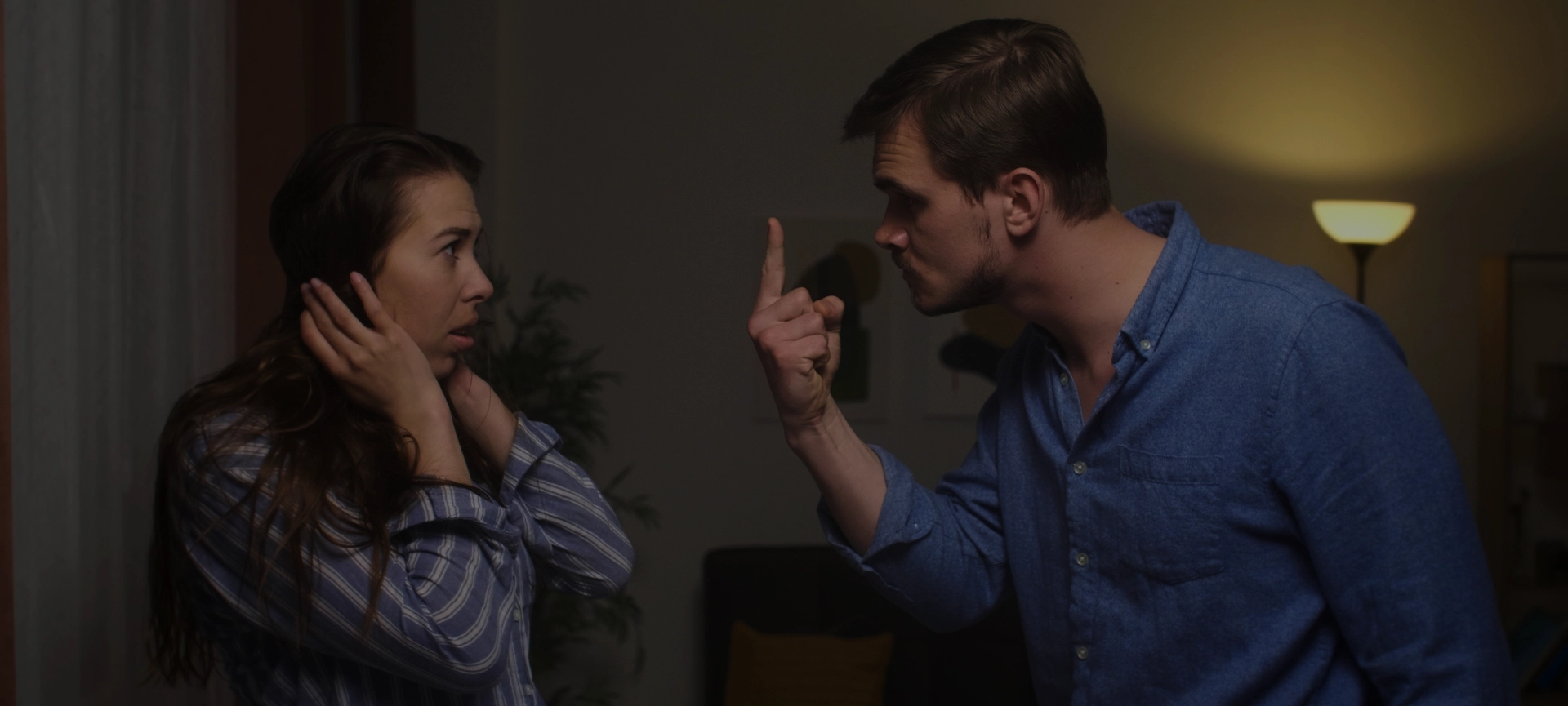Sexual assault is one of the most life-altering crimes you can be charged with. It’s not only treated with utmost seriousness by the legal system, but it can also come with severe damage to your personal and professional reputation.
Here we’ll give you a clear overview of sexual assault, common defences, and how to navigate the legal process. By the end, you should have much more clarity on how to move forward with defending sexual assault charges in Ottawa.
What Is Sexual Assault Under Canadian Law?
Sexual assault is defined under section 271 of the Criminal Code of Canada. It is any non-consensual touching of a sexual nature and is placed in one of three categories:
- Simple sexual assault
- Sexual assault with a weapon or causing bodily harm
- Aggravated sexual assault
The severity of the charge will depend on the circumstances of the case. The range of punishments can go from a fine or suspended sentence, all the way up to life imprisonment. Despite this huge range of punishments, there is much similarity in how to deal with any sexual assault charge.
Presumption of Innocence
As with all cases in Canada, it’s important to remember you will be presumed innocent until proven guilty. The burden of proof lies with the Crown, and they will be required to prove your guilt beyond a reasonable doubt.
This leaves the defence with many options, as they will endeavour to cast enough doubt on a case that a conviction becomes difficult. Sexual assault cases are often complex and emotionally charged, and remembering this key fact is important to stay composed.
Related Article: https://www.agpllp.ca/prosecution-challenges-in-sexual-assault-cases-a-legal-perspective/
Your First Step: Hire a Lawyer
The first steps in any case are to enact your right to remain silent and hire a criminal defence sexual assault lawyer. As we mentioned, these cases are complex and it’s easy to say something that could end up compromising your case without you realizing it. Once onboard, your lawyer will:
- Explain your rights
- Guide you through the legal process
- Review the evidence
- Identify weaknesses in the Crown’s case
- Develop a strategic defence tailored to your situation
Many think it’s a lawyer’s job to defend you in court, but it’s much more wide-ranging than this. They’ll be there to guide you through a moment in your life which is undoubtedly stressful and confusing.
If hired immediately after your arrest, your lawyer will first get to work on ensuring you are granted bail before they start to work on your defence. They will then receive a disclosure from the Crown laying out all the evidence to be used against you, and get to work reviewing it and looking for weaknesses.
Related Article: https://www.agpllp.ca/the-role-of-evidence-in-sexual-assault-cases-a-legal-analysis/

Best Defences to Sexual Assault
While every case is different, there are common defences to any type of sexual assault. It’s important to be open and honest with your lawyer so they can work out the best strategy.
Lying or withholding information from your lawyer can not only come back to bite you in the trial, but also mask possible defences they can use. Let’s take a look at the main option they’ll be looking at.
Consent
Consent is usually the central issue in sexual assault cases. If it can be demonstrated that the complainant voluntarily agreed to the sexual activity, it can lead to acquittal. There are some key rules about consent:
- Consent is ongoing and can be withdrawn at any time
- Consent cannot be given by someone who is intoxicated (to the point of being incapacitated), unconscious, or under coercion
- A mistaken belief in consent must be based on reasonable grounds
Consent is often not black and white, and the court will look at the specific circumstances. For example, with couples who’ve had sex multiple times before, the likes of positive participation, non-verbal cues, and lack of resistance will be considered.
However, consent cannot be solely based on passivity, silence, or previous sexual activity. For example, someone may be passive and silent during sex due to threats or coercion. Here, the lack of verbal or physical resistance does not constitute consent.
The complexity around consent can be both a help and a hindrance to a defence. For example, your criminal defence lawyer can argue you had a genuine belief that there was an honest and reasonable presumption of consent, which may have been backed up by active steps, such as checking in.
Mistaken Identity
It can also be argued that the accused was not the perpetrator. Here, the defence will not defend the action of the sexual assault but instead claim the complainant has misidentified the accused. This can happen in many different circumstances.
Examples can include someone being groped at a busy bar or being too heavily intoxicated to identify the culprit. This will often need to be challenged through the likes of alibi evidence or through witnesses. The likes of DNA testing can also confirm this.
False Allegation
False allegations do happen, and they can be hugely damaging for genuine victims of sexual assault. Your lawyer can come at this from a few angles. Firstly, they will exploit the lack of evidence that will be apparent with a false allegation. They will also provide alternate explanations for circumstantial evidence.
Secondly, they will find a motive to fabricate the story. The common example here is revenge for the breakup or an attempt to win a custody dispute. It’s especially important here to follow your lawyer’s lead and keep emotions in check.
Charter Violations
It’s rare, but possible, that there was a charter violation. Examples include unlawful search and seizure, denial of legal counsel, or unreasonable delay. Such a violation can cause evidence to be excluded or even the case dismissed.

What Option Don’t You Have
As well as knowing what you can do, it’s also important to know what can’t happen.
The Case Can’t Be “Dropped” – To avoid the risk of threats or coercion, the alleged victim cannot drop the charges. Once the Crown decides to proceed with the case, it is in the court’s hands and it will be seen through to its conclusion.
You Can’t Contact the Complainant – Even if granted bail, it’s almost a certainty that a condition will be that you cannot contact the complainant. This even includes a partner you live with. Doing so will not only be illegal (if it’s a bail condition) but can seriously damage your case.
Consent as a Defence if Consent was Impossible – Even if you had a genuine and honest belief the complainant was consenting, there are situations when consent cannot be given. As mentioned above, consent is legally impossible if the complainant was asleep, unconscious, or heavily intoxicated.
Final Thoughts
Facing sexual assault charges in Ottawa can be frightening. It can feel as though the whole world is against you, but you don’t have to do it alone. The right legal representation will not only be there to provide a robust defence but also guide you through the process.
If facing charges, making the wrong step can hugely damage your case. The earlier you speak to a defence lawyer, the better your chances are. If you’re in need of legal help, contact AGP LLP today, and we’ll be happy to offer you a free consultation.





